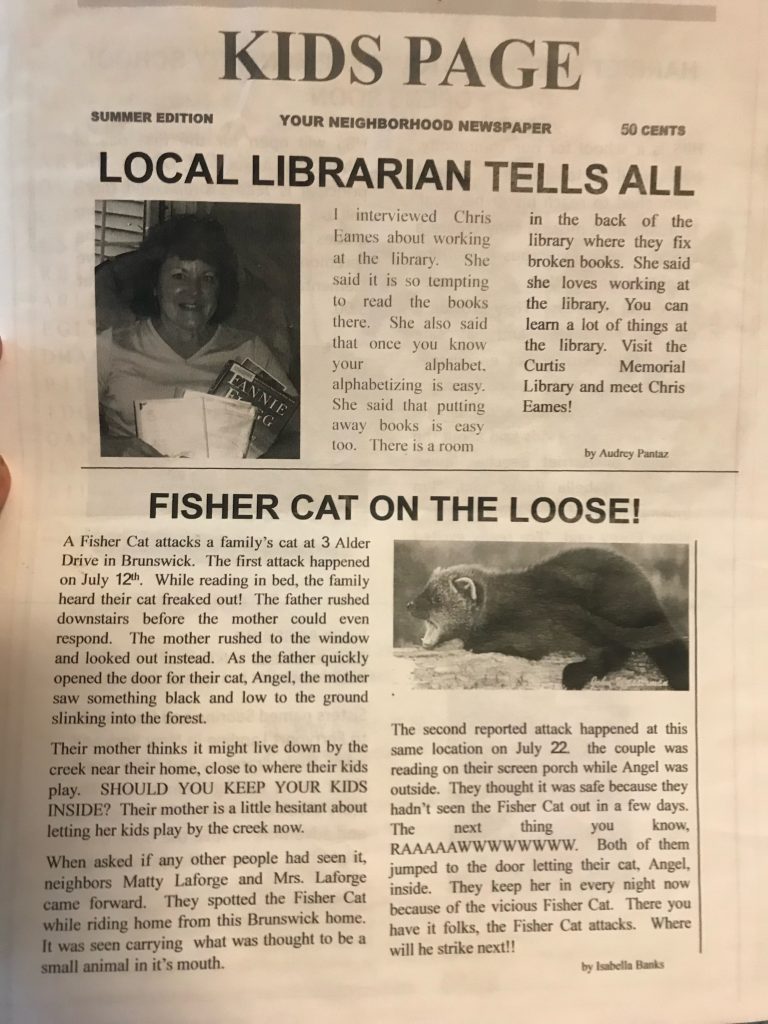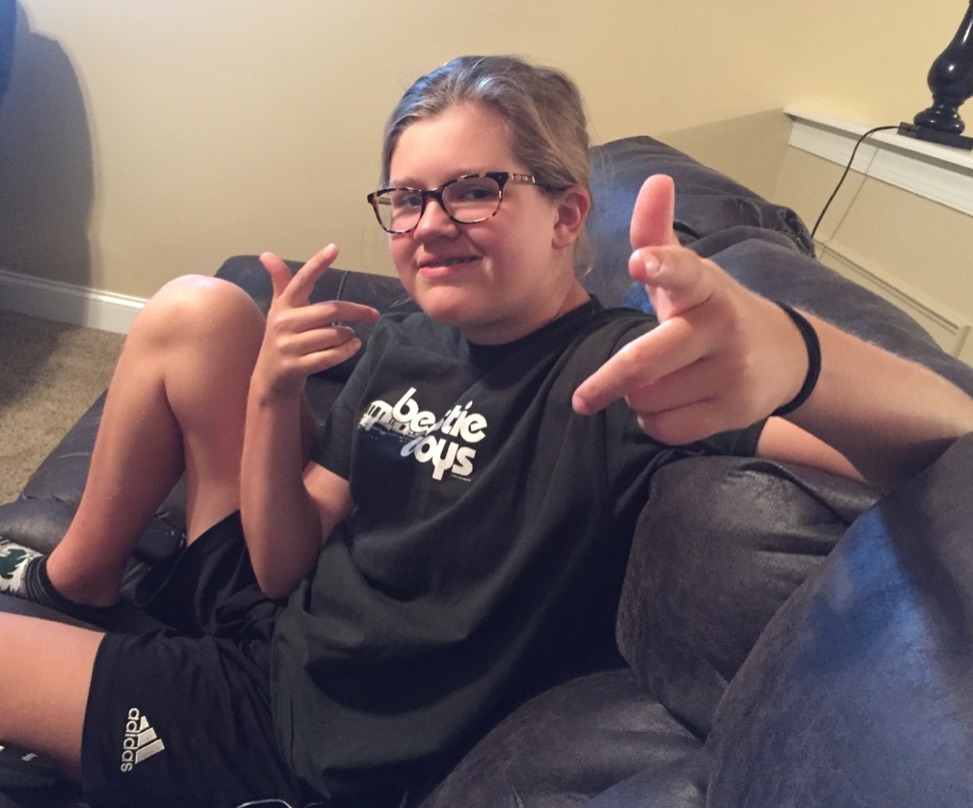I was destined for a life rotating around an axis of literature. Like a quick tumble down an endless rabbit hole, it was inescapable.
When I was young, I spent every day at the public library with my nose glued to any sort of book. To this day all of my local librarians know me by name. In the first grade, I took after my favorite people and started my own library in the basement of my house. I named it after my great-grandfather, a Greek immigrant, and the originator of my surname. It was called The Athanasius Pantazopoulos Memorial Library, a certified mouthful. On a visit to the more accredited library, I was gifted a stack of due date papers for the inside of the covers of my books, and one roll of receipt paper. I spent every day of the winter of 2009 marking every book with a custom stamp that read “Property of Athanasius Pantazopoulos Memorial Library”. Then organizing them all with my own makeshift version of the Dewey Decimal System.
The following summer I started a neighborhood newspaper called “Kids Page”. The staff consisted of my sister, my two best neighbors, and me (and of course my mother as our typist because none of us had any idea how to use a computer). Our cover story for our first issue was a thrilling interview with my neighbor down the street who worked as a librarian in our town. My article was followed closely by one about how a vicious fisher cat was loose in the neighborhood, but, in my eyes, nothing could be more exciting than knowing a real librarian. We peddled the newspapers to every house within a one-block radius and donated the 15-dollar profit to the animal shelter.

While I have evolved deeply as a writer and reader since my days on the Kids Page staff and as a librarian at the APML, I never lost the spark of excitement that literature brings to me. No matter what happens, reading, writing, and lots and lots of time in the library are a certainty for the rest of my life.

